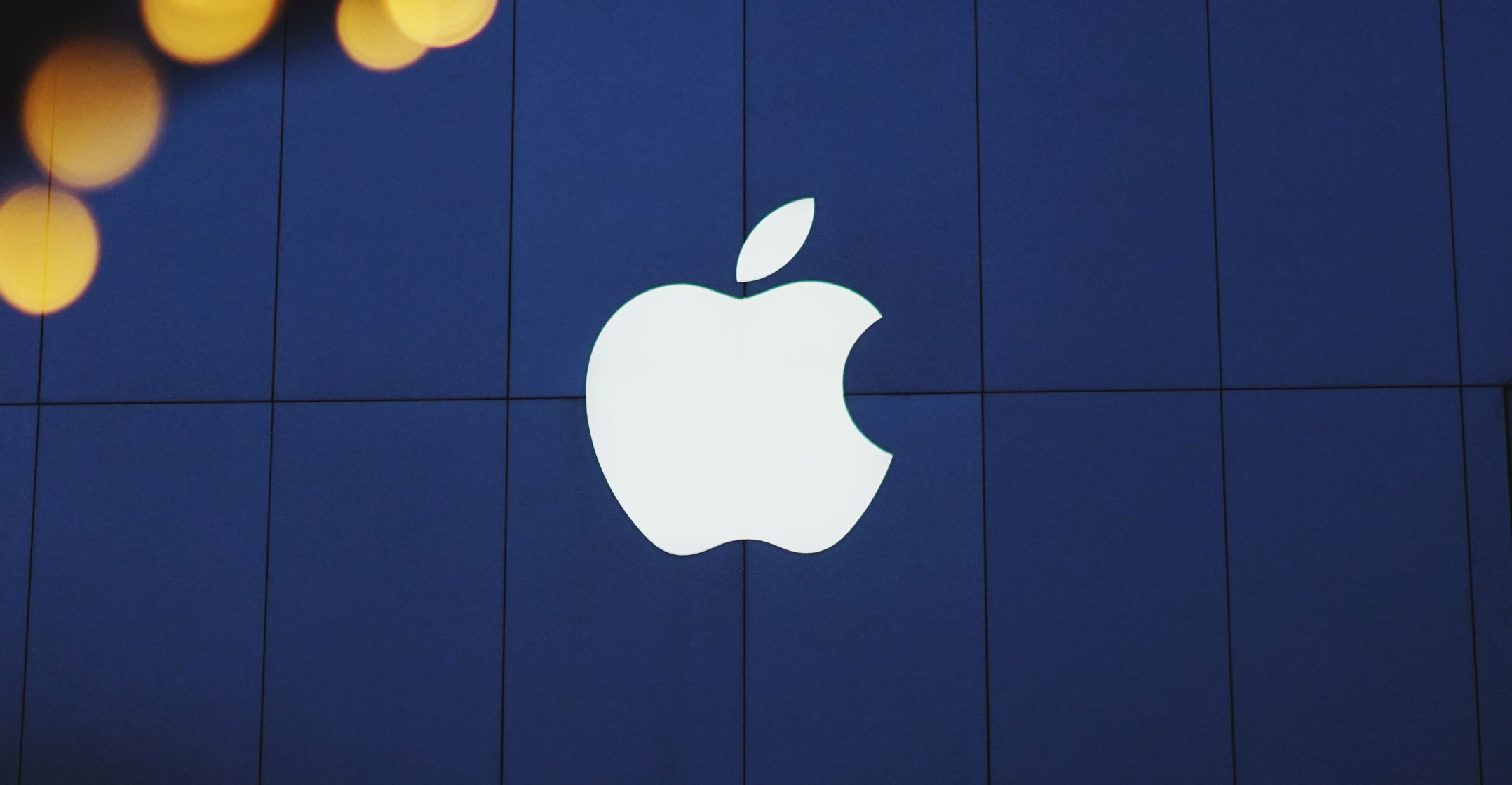 Apple and Samsung announced a deal that only recently would have seemed unthinkable: the iPhone maker will begin offering iTunes movies and TV shows on its arch rival’s TV sets.
Apple and Samsung announced a deal that only recently would have seemed unthinkable: the iPhone maker will begin offering iTunes movies and TV shows on its arch rival’s TV sets.
Coming ahead of the annual CES technology show in Las Vegas, Sunday’s move demonstrates Apple’s shift toward developing into a tech- and media-services company as sales of gear like the iPhone continue to wane. It’s “further evidence that Apple is willing to change its hardware-first approach and work with third parties to boost services revenue”, said Gene Munster, a longtime Apple watcher.
Last week, after Apple shocked investors by saying iPhone sales missed expectations for the holiday quarter, it pointed to an all-time record services revenue of US$10.8-billion for the quarter.
“With services a key part of the Apple flywheel and one of the only silver linings in an otherwise dark period of growth, Cook & Co need to double down on content and distribution partners going forward,” according to Dan Ives, an analyst with Wedbush Securities.
Apple and Samsung were at war for about seven years over smartphone patents, with Apple accusing its rival of copying the iPhone’s design. After multiple trials and Apple being awarded millions of dollars, the two companies eventually settled in June 2018, ending litigation.
Beyond lawsuits, the companies have still long shared both a close partnership, with Apple relying on Samsung for components such as screens in the latest high-end iPhones, as well as fierce rivalry. The two vie in the market for handsets and have battled viciously on and off in courts over alleged patent infringements. In recent years, Apple has taken steps to wean itself off Samsung by developing its own future screen technology and processors.
Opening up
The “deal shows that perhaps Apple doesn’t quite view Samsung as the enemy it used to”, wrote Michael Gartenberg, a former Apple marketing executive. “There are others both Apple and Samsung should worry about. Or the enemy of my enemy is my friend.”
The addition of iTunes on Samsung TVs comes just weeks after Apple opened up Apple Music to the Amazon Echo. In 2015, when it launched its streaming music service, it released a version of it for Android. In 2003, Apple opened up iTunes to Windows PCs, which Apple co-founder Steve Jobs likened to “giving a glass of ice water to someone in hell.”
The debut of Apple Music on Amazon Echos and Android devices made business sense. Apple Music is based on the 2014 acquisition of Beats Music, which was known for being a cross-platform music service.
 Apple has also been seeking to rapidly grow its user numbers as it seeks to compete favourably in the marketplace with Spotify, and placing the service on the world’s most popular smartphone operating system and voice control service will help that in addition to generating an extra $10/month per customer.
Apple has also been seeking to rapidly grow its user numbers as it seeks to compete favourably in the marketplace with Spotify, and placing the service on the world’s most popular smartphone operating system and voice control service will help that in addition to generating an extra $10/month per customer.
It also exposes non-Apple hardware users to the company’s products, potentially pushing them to Apple devices when it is time to upgrade.
The move will give Apple another revenue source for people who purchase movies and TV shows through iTunes, and signals another potential slot for the company to place its long in the works original video content service, which is plans to introduce as early as this year.
In order to compete with Netflix and Amazon Prime’s original content offerings, which have been around for a number of years, Apple will need as much reach as possible. Samsung TVs held 33% of the smart TV market last year, beating out Vivo, LG and Sony, according to Statista.
According to Munster, the deal also signals that Apple has no imminent plans to enter the physical TV space. Opening up iTunes to Samsung TVs means that Samsung television users no longer need to purchase an Apple TV set-top-box in order to access Apple content. The deal also includes support for AirPlay, which means iPhone users will be able to stream video content from their phones to Samsung TVs. — Reported by Mark Gurman, (c) 2018 Bloomberg LP




